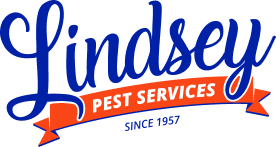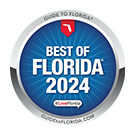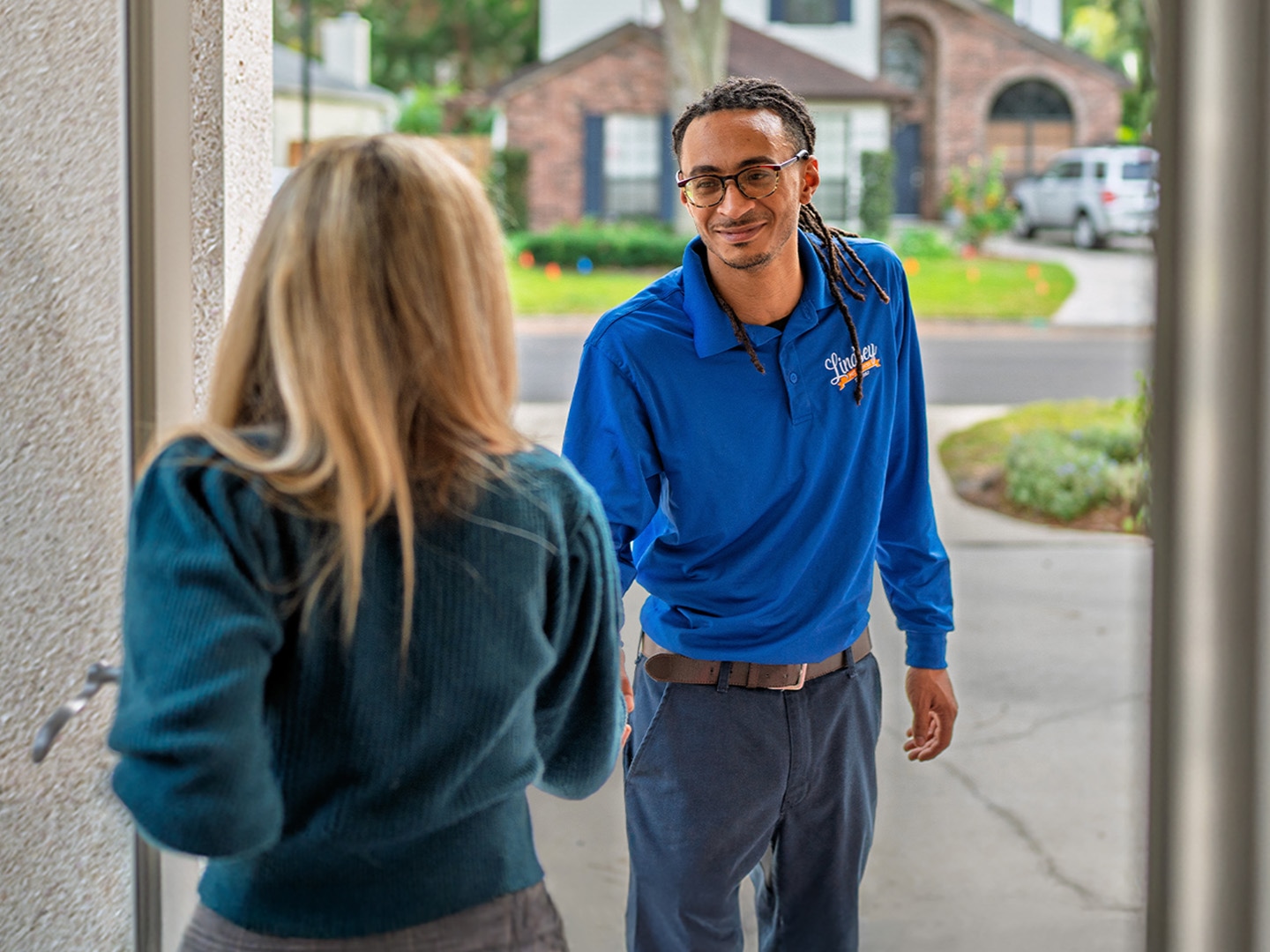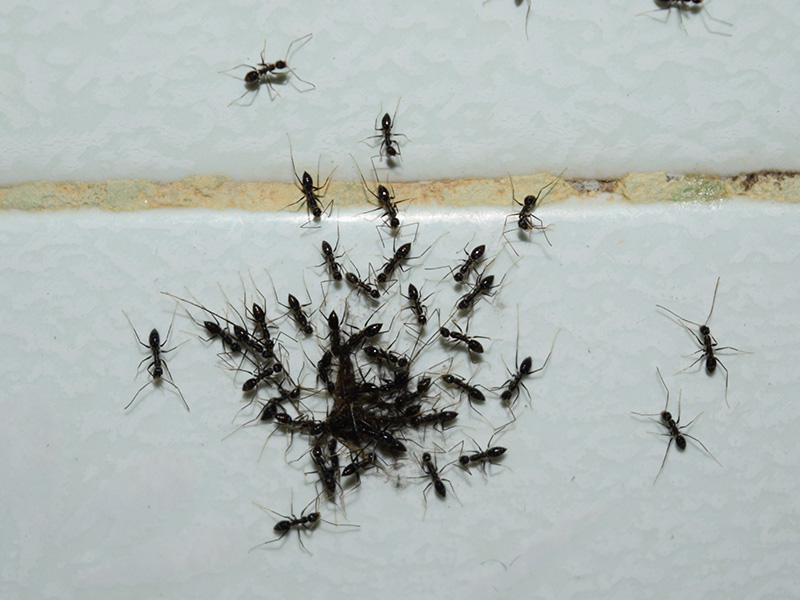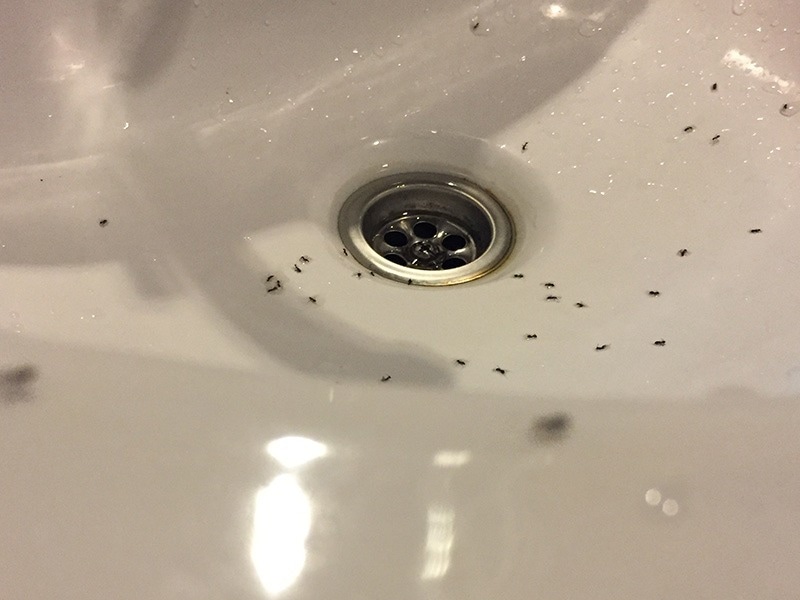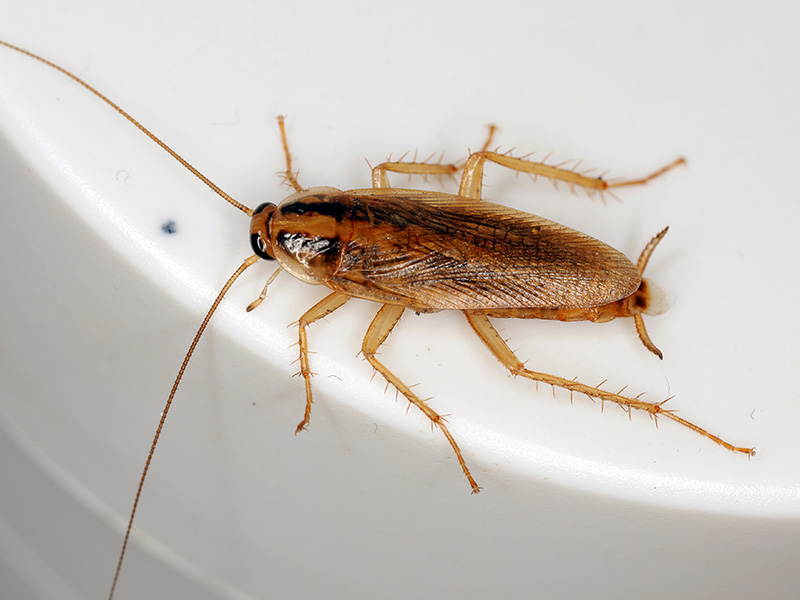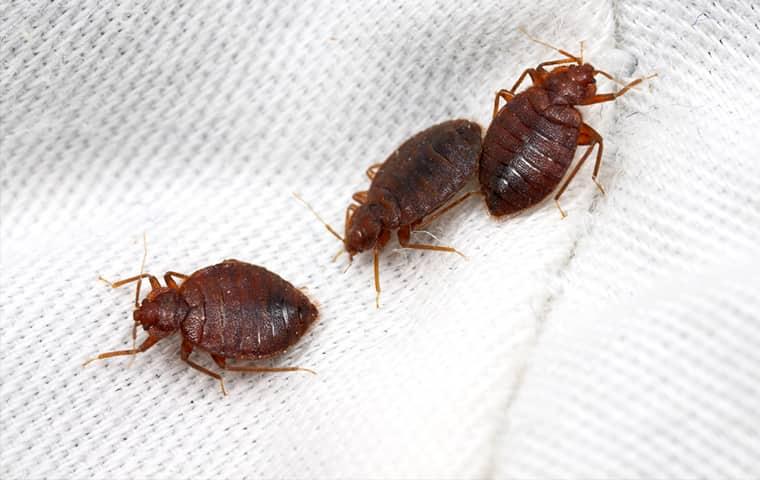Why Ants Come Into Your Jacksonville Home & How To Keep Them Out
Mar 19, 2021
Ants are so commonplace, that people often pay them no mind. They don’t see the urgency in actively warding them off, thinking that they’re mostly harmless. This isn’t true. Numerous cells of bacteria are on their skin, which can spark critical health problems for Jacksonville homeowners. Moreover, some species can bite you or ruin the foundations of your home. You just don’t want to underestimate ants at all! If you do a little reading now, you’ll learn about local ants and their risk factors. Also, you’ll have an understanding about how these critters penetrate dwellings. Most importantly, you’ll know how you can prevent them with Lindsey Pest Services.
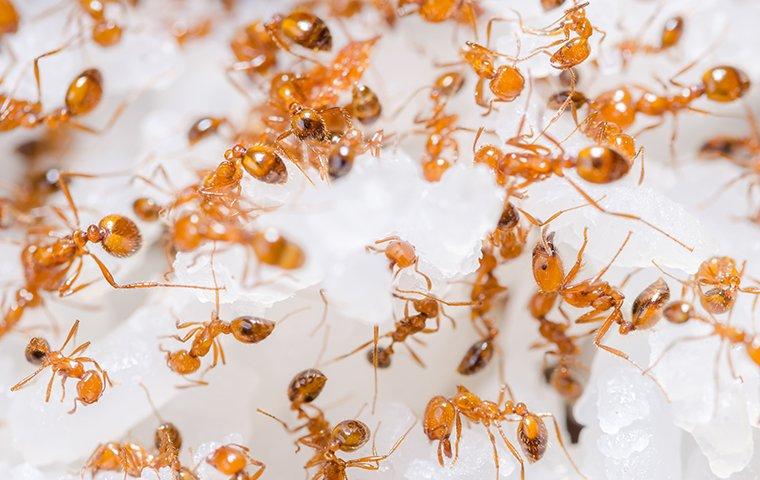
What Ants Are Common in Jacksonville? What Are the Hazards?
Pharaoh, fire, carpenter, and crazy ants are a few of the prominent species in the area. Pharaoh ants are tiny 0.12 of an inch long. Several are even smaller than that. The yellow-brown bodies of these bugs are decorated with black and red markings on the abdomen. If they’ve entered a domicile, it’s because they’re on the prowl for shelter, moisture, or food. They’ll start up nests in just about anything, including pipe chases, pantries, and food packages. Seeing amber-colored workers suggests an infestation.
The size of fire ants varies from 0.06 to 0.20 of an inch long. Black stingers bottom the figures of these reddish-brown insects. Preferring natural warmth and sunlight, they usually remain outdoors. They can wreck lawns by festering in plants, landscaping material, and grass sod. Further, they forge visible mounds in soil and dirt. Now and then, they’ll head indoors. Their bites can set off skin inflammation and allergic reactions. The scar-leaving bumps they create will burn, itch, and redden. Don’t think twice about seeking medical attention if you feel nauseous or become sweaty.
- Carpenter ants are relatively bulky, coming in at 0.25 to 0.50 of an inch long. Their color ranges, but they are primarily black, although they can be brown, yellow, red, orange, reddish-black, or tan. The swarmers in their colonies have wings. What makes these pests hazardous is that they weaken wood by digging tunnels and making nests in them. The outcomes are damaged lumber, logs, and trees. Homes could have unstable foundations. Among chief infestation signs are having hollow walls, finding wood shavings, hearing rustling behind structures, and seeing swarmers.
- Crazy ants are of modest size. Color-wise, they are red-brown, brown, or gold. Their skin is shiny, despite it being covered in hairs. Their offbeat and quick movements are why they have the name they do.
How Are Jacksonville Ants Prevented?
It’s wise to be diligent year-round about preventative pest care, especially for ants. It’s challenging to control their invasions because they multiply at such a fast rate. Additionally, they can fit in pin-point sized holes; it takes nothing for them to get inside your home. Do the following to keep these little pests out:
- Distance wood and greenery away from the property
- Keep loose wood, like carpentry panels, off of soil
- Close cracks in windows, doors, foundations, and utilities
- Make sure window screens and door sweeps are intact
- Clean up food messes promptly
- Wash dishes, countertops, cabinets, and beneath appliances
- Regularly vacuum and remove trash
- Put food and garbage in containers with tight lids
How Will Lindsey Pest Services Handle Jacksonville Ants?
The experienced technicians at Lindsey Pest Services have the skills to locate ant nests and entry points efficiently. They’ll use high-quality treatments designed to dismantle colonies and block future intrusions. Our solutions act fast and yield long-term results. They are also safe for humans, domestic animals, and vegetation. Get a free inspection when you call us today at Lindsey Pest Services!
